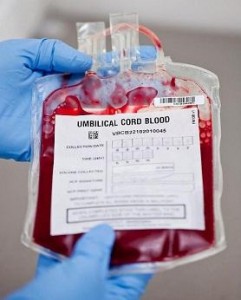 By Rep. Jesse Kremer
By Rep. Jesse Kremer
September 27, 2016, Kewaskum, Wisconsin
Wisconsin can become a biotechnology leader by prioritizing life-saving, ethical research utilizing umbilical cord blood. Like stem cells found in bone marrow, cord blood contains unique stem cells that can help repair damaged body tissues. Unlike bone marrow cells, cord blood is collected safely and painlessly after birth and has been used to treat over 80 conditions including Alzheimer’s, leukemia, sickle cell anemia, diabetes, liver failure, spinal cord injury, stroke, autism, genetic diseases, immune deficiencies and many, many more.
If collected, cord blood is stored in either public or private banks. Public banks are often non-profit and receive blood from various donors. Private banks serve individuals who pay thousands of dollars to have their cord blood stored for private, family use in case of a future illness. According to an article published in the June 2015 edition of Bone Marrow Transplant, approximately six times more cord blood is stored in private banks than in public; however, public banks release approximately 30 times more units of blood to treat illnesses.
With approximately 130 million annual births world-wide, cord blood is a largely untapped, plentiful source of highly specialized, potentially life-saving stem cells. Unlike embryonic stem cells, umbilical cord cells do not result in the taking of a life to research the preservation of life. Wisconsin’s leaders and representatives in the scientific community should encourage the establishment of cord blood banks here in the state as well as promote the ethical, life-saving research in this promising field.